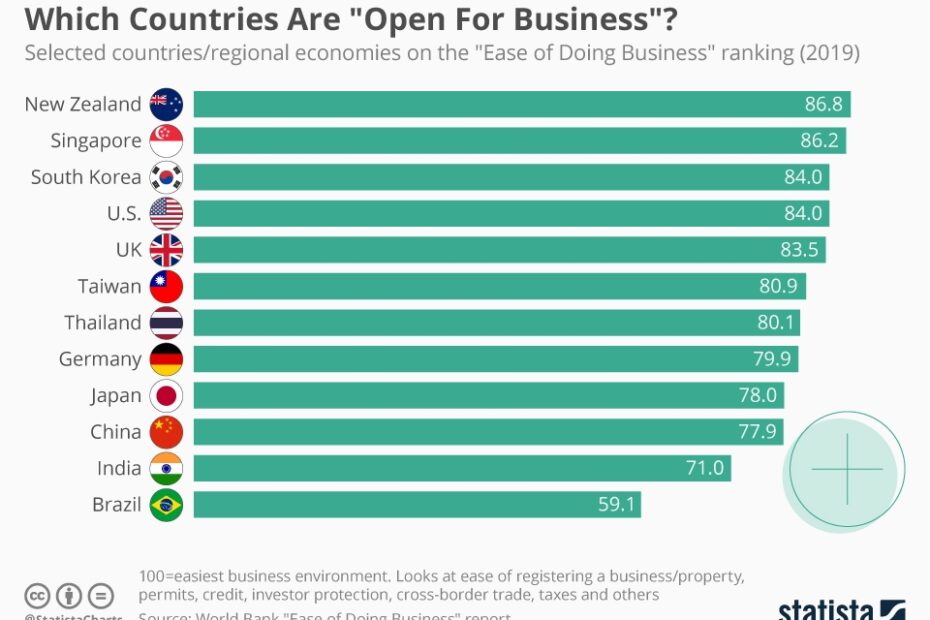What Countries Can The Us Not Do Business With: Restrictions And Limitations
4 Countries With Lowest Corporate Tax – Best Countries For Business (2023)
Keywords searched by users: What countries can the US not do business with how can u.s. sanction other countries, OFAC sanctioned countries, United kingdom trade restrictions, Most sanctioned countries, Comprehensive sanctions countries, EU sanctions map, What is sanction what are some reasons some countries threaten to other countries, Un sanctioned countries
What Countries Is The U.S. Banned From Doing Business With?
The United States has implemented a series of laws and regulations that restrict its ability to engage in business activities with certain countries. These laws serve as a framework for foreign policy and national security considerations. Notable among these regulations are the Cuban Assets Control Regulations of 1963, which were established to manage trade relations with Cuba. In addition, the Cuban Democracy Act of 1992 and the Helms-Burton Act of 1996 both play pivotal roles in shaping U.S. policy towards Cuba. Furthermore, the Iran and Libya Sanctions Act of 1996, as the name suggests, targets Iran and Libya, imposing restrictions on trade with these nations. The Trade Sanction Reform and Export Enhancement Act of 2000 contains provisions related to Cuba, while the Iran Freedom and Support Act of 2006 further solidifies the sanctions against Iran. These legal measures collectively form the foundation of U.S. restrictions on trade with specific countries, reflecting the nation’s foreign policy objectives and security concerns.
Which Countries Is Subject To International Sanctions?
The following countries are subject to international sanctions imposed by the United Nations and other international bodies:
-
North Korea: Sanctions have been imposed on North Korea due to concerns about its nuclear weapons program and human rights abuses.
-
Iran: Iran has faced sanctions primarily related to its nuclear activities, with efforts to curb its nuclear development.
-
Mali: Mali has faced sanctions in response to political instability, military coups, and human rights violations.
-
South Sudan: Sanctions have been imposed on South Sudan due to ongoing conflicts and human rights abuses in the country.
-
Central African Republic: Sanctions have been applied to the Central African Republic to address conflict-related issues and human rights violations.
-
Yemen: Yemen has been under sanctions due to its ongoing civil war and the humanitarian crisis it has triggered.
-
Guinea-Bissau: Guinea-Bissau has faced sanctions related to political instability and concerns about drug trafficking.
-
Libya: Libya has been subject to sanctions due to conflicts and instability, with measures aimed at maintaining peace and stability in the region.
These sanctions can include restrictions on trade, travel, and financial transactions, and are implemented to encourage compliance with international norms and resolutions.
Can An Entire Country Be Sanctioned By Ofac?
Is it possible for OFAC to impose sanctions on an entire country? The scope of U.S. sanctions programs can differ significantly. Some programs have a broad geographical focus, such as those targeting countries like Cuba and Iran. On the other hand, there are “targeted” programs, which concentrate on specific individuals and entities, often related to counter-terrorism or counter-narcotics efforts. Within these programs, sanctions can range from comprehensive country-level restrictions to highly focused measures on specific entities or individuals. This means that OFAC has the flexibility to employ a variety of sanctions strategies, depending on the situation and the objectives involved.
Discover 20 What countries can the US not do business with
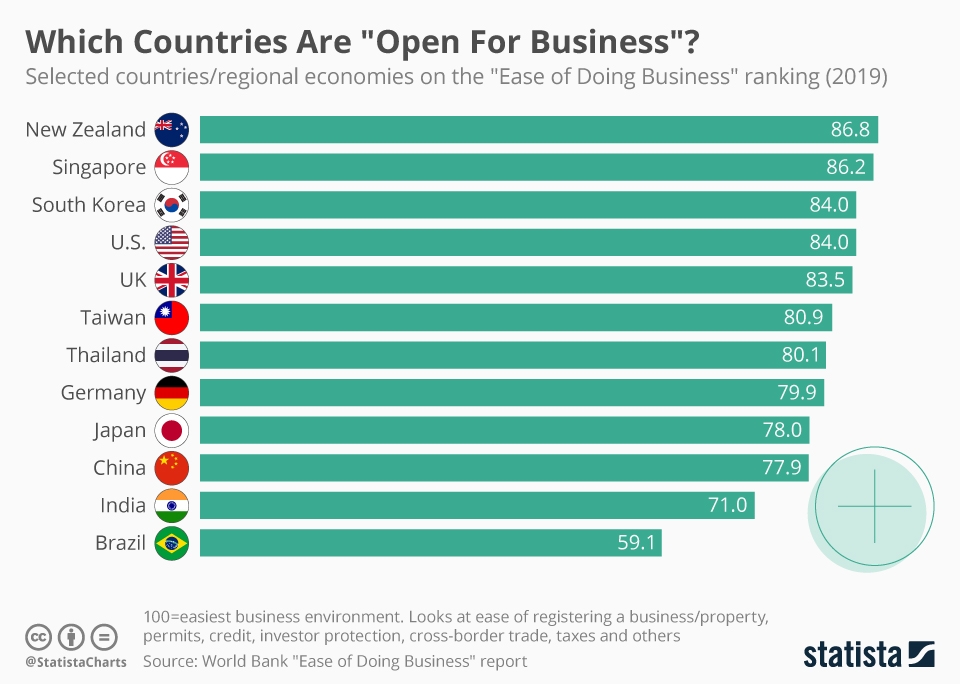
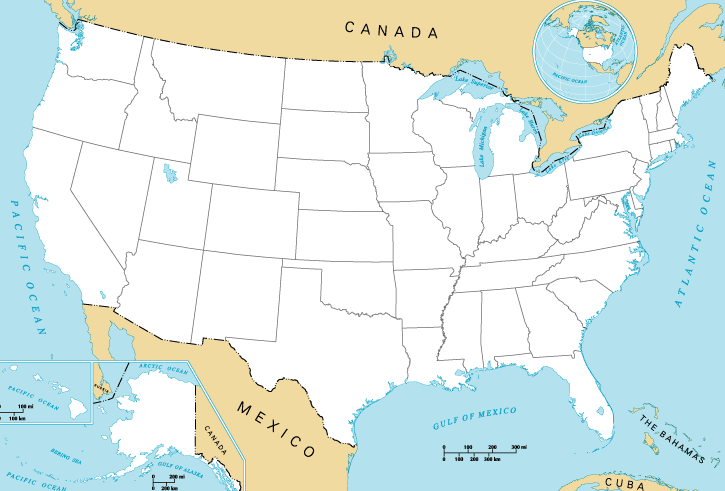
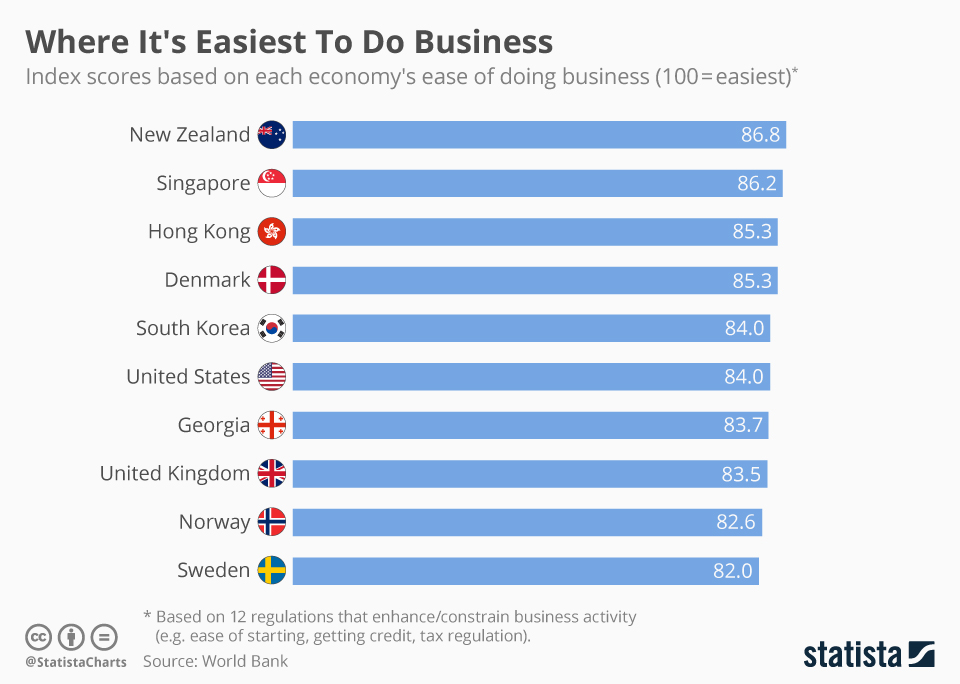
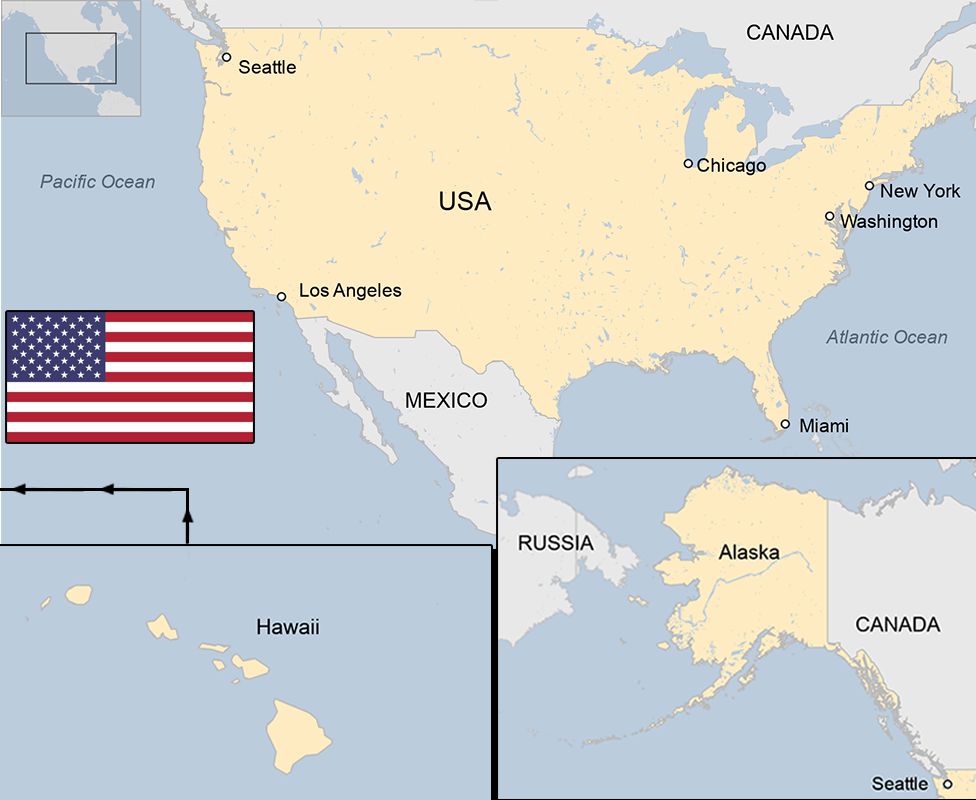

Categories: Collect 27 What Countries Can The Us Not Do Business With
See more here: tfvp.org

The Bureau of Industry and Security (BIS) implements U.S. Government certain sanctions against Cuba, Iran, North Korea, and Syria pursuant to the Export Administration Regulations (EAR), either unilaterally or to implement United Nations Security Council Resolutions.U.S. sanctions programs vary in scope. Some are broad-based and oriented geographically (i.e. Cuba, Iran). Others are “targeted” (i.e. counter-terrorism, counter-narcotics) and focus on specific individuals and entities. These programs may encompass broad prohibitions at the country level as well as targeted sanctions.Due to concerns about national security and human rights, the United States has gradually increased sanctions against Chinese businesses and organisations.
- Cuban Assets Control Regulations of 1963.
- Cuban Democracy Act of 1992.
- Helms–Burton Act of 1996 (Cuba)
- Iran and Libya Sanctions Act of 1996.
- Trade Sanction Reform and Export Enhancement Act of 2000 (Cuba)
- Iran Freedom and Support Act of 2006.
- North Korea.
- Iran.
- Mali.
- South Sudan.
- Central African Republic.
- Yemen.
- Guinea-Bissau.
- Libya.
Learn more about the topic What countries can the US not do business with.
- Sanctioned Destinations – BIS.doc.gov
- United States sanctions – Wikipedia
- UN sanctions | New Zealand Ministry of Foreign Affairs and Trade
- Where is OFAC’s Country List? What countries do I need to …
- United States sanctions against China – Wikipedia
- Business – Learn about bilateral investment and trade
See more: https://tfvp.org/category/science/
